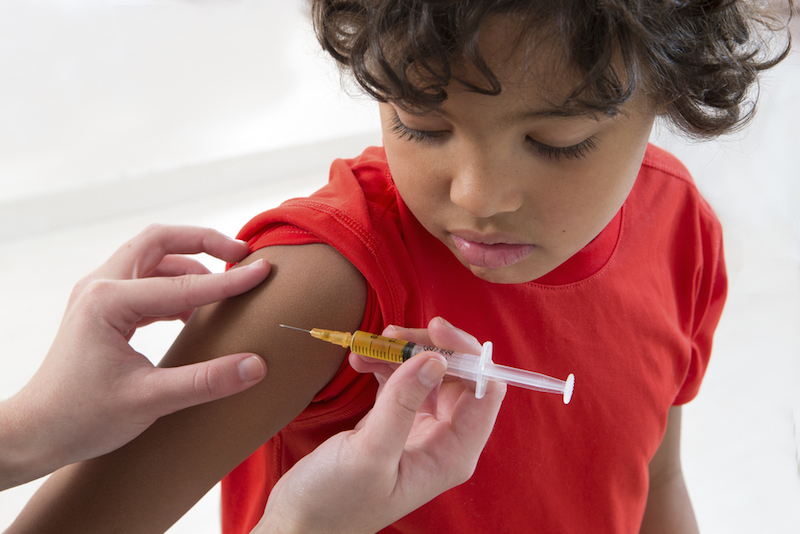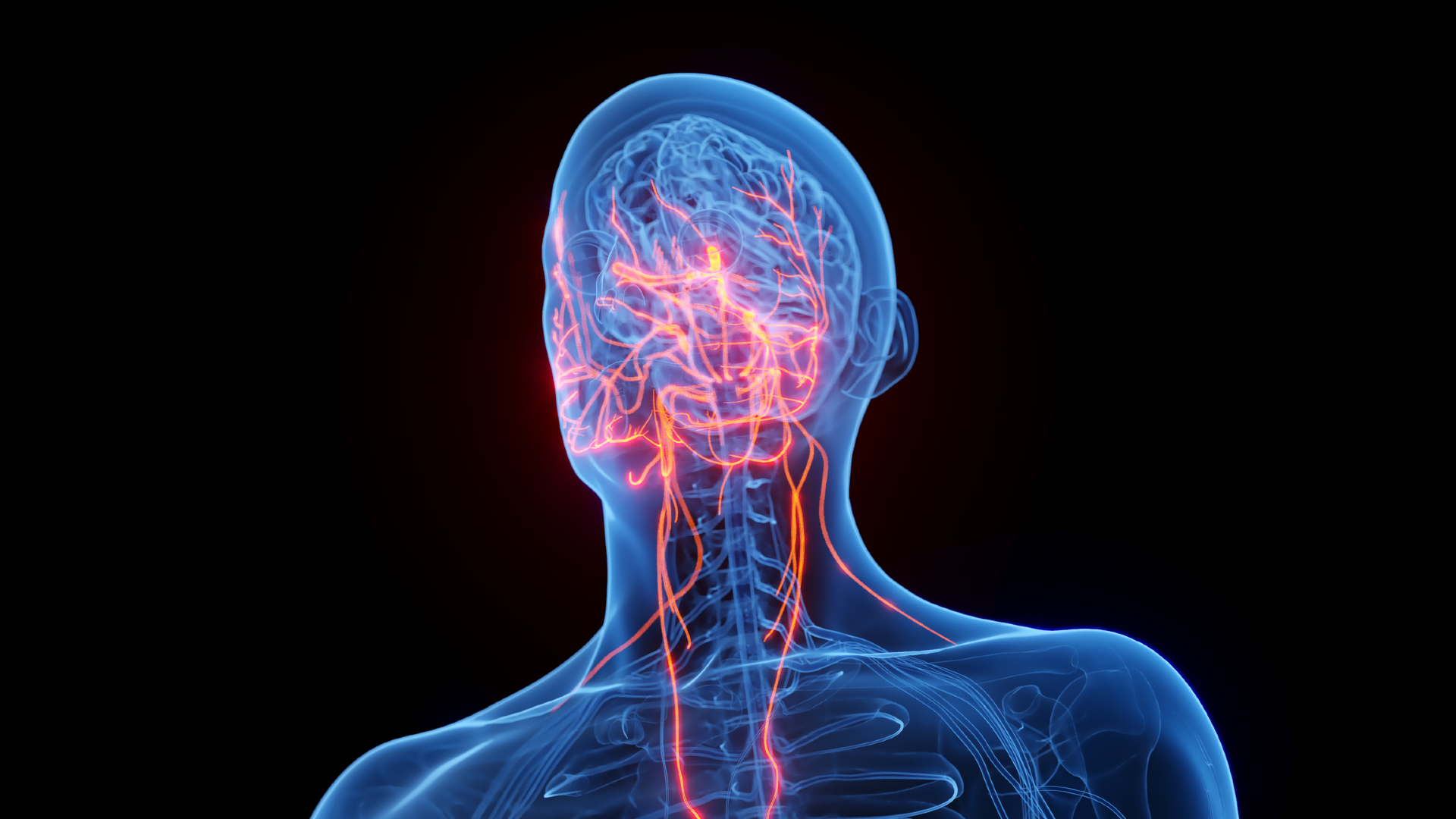
How Do Vaccines Work?

Get the world’s most fascinating discoveries delivered straight to your inbox.
You are now subscribed
Your newsletter sign-up was successful
Want to add more newsletters?

Delivered Daily
Daily Newsletter
Sign up for the latest discoveries, groundbreaking research and fascinating breakthroughs that impact you and the wider world direct to your inbox.

Once a week
Life's Little Mysteries
Feed your curiosity with an exclusive mystery every week, solved with science and delivered direct to your inbox before it's seen anywhere else.

Once a week
How It Works
Sign up to our free science & technology newsletter for your weekly fix of fascinating articles, quick quizzes, amazing images, and more

Delivered daily
Space.com Newsletter
Breaking space news, the latest updates on rocket launches, skywatching events and more!

Once a month
Watch This Space
Sign up to our monthly entertainment newsletter to keep up with all our coverage of the latest sci-fi and space movies, tv shows, games and books.

Once a week
Night Sky This Week
Discover this week's must-see night sky events, moon phases, and stunning astrophotos. Sign up for our skywatching newsletter and explore the universe with us!
Join the club
Get full access to premium articles, exclusive features and a growing list of member rewards.
Vaccines are like a training course for the immune system. They prepare the body to fight disease without exposing it to disease symptoms.
When foreign invaders such as bacteria or viruses enter the body, immune cells called lymphocytes respond by producing antibodies, which are protein molecules. These antibodies fight the invader known as an antigen and protect against further infection. According to the Centers for Disease Control and Prevention (CDC), a healthy individual can produce millions of antibodies a day, fighting infection so efficiently that people never even know they were exposed to an antigen.
Unfortunately, the first time the body faces a particular invader, it can take several days to ramp up this antibody response. For really nasty antigens like the measles virus or whooping cough bacteria, a few days is too long. The infection can spread and kill the person before the immune system can fight back. [Can You Get the Flu Twice in One Season?]
That's where vaccines come in. According to the Children's Hospital of Philadelphia Vaccine Education Center, vaccines are made of dead or weakened antigens. They can't cause an infection, but the immune system still sees them as an enemy and produces antibodies in response. After the threat has passed, many of the antibodies will break down, but immune cells called memory cells remain in the body.
When the body encounters that antigen again, the memory cells produce antibodies fast and strike down the invader before it's too late.
Vaccines also work on a community level. Some people can't be vaccinated, either because they are too young, or because their immune systems are too weak, according to the CDC. But if everyone around them is vaccinated, unvaccinated people are protected by something called herd immunity. In other words, they're unlikely to even come in contact with the disease, so they probably won't get sick. When it comes to vaccines, sometimes it can pay to follow the crowd.
- What Causes Allergies?
- Is It Better to Wash With Antibacterial Soap?
- Vaccine-Autism Link Had Long, Inaccurate History
Originally published on Live Science.
Get the world’s most fascinating discoveries delivered straight to your inbox.

Stephanie Pappas is a contributing writer for Live Science, covering topics ranging from geoscience to archaeology to the human brain and behavior. She was previously a senior writer for Live Science but is now a freelancer based in Denver, Colorado, and regularly contributes to Scientific American and The Monitor, the monthly magazine of the American Psychological Association. Stephanie received a bachelor's degree in psychology from the University of South Carolina and a graduate certificate in science communication from the University of California, Santa Cruz.
 Live Science Plus
Live Science Plus










